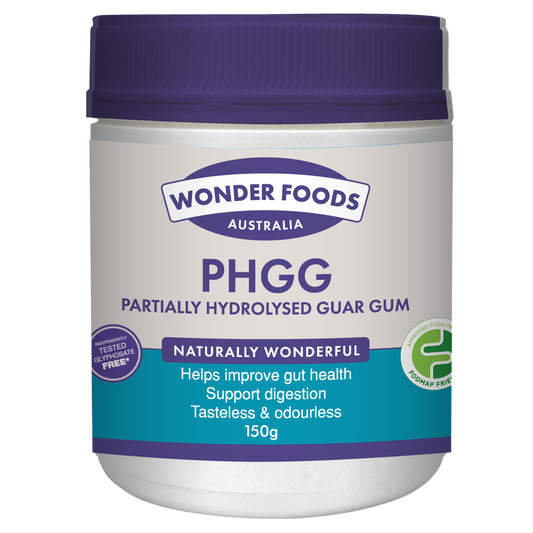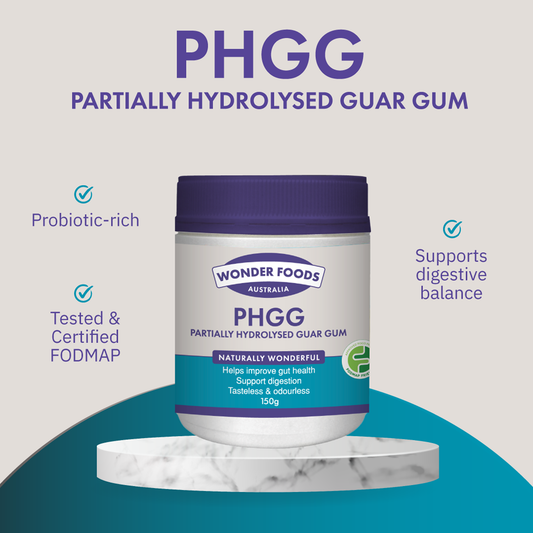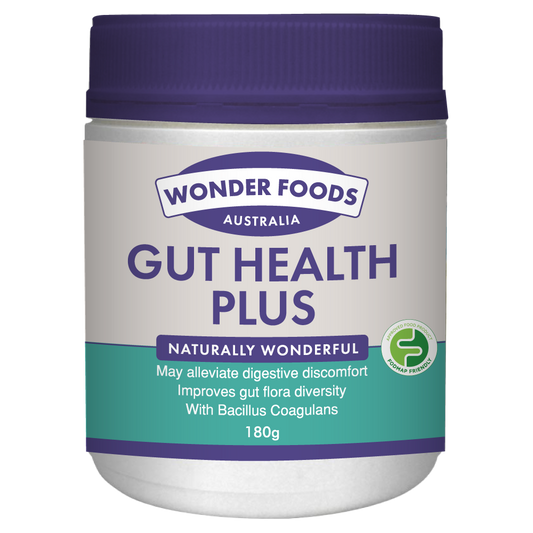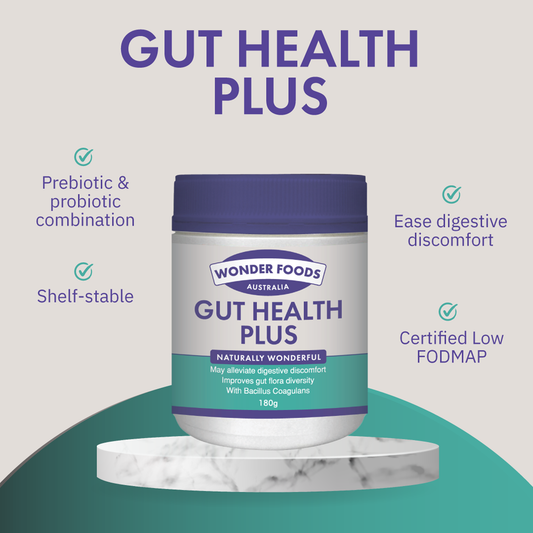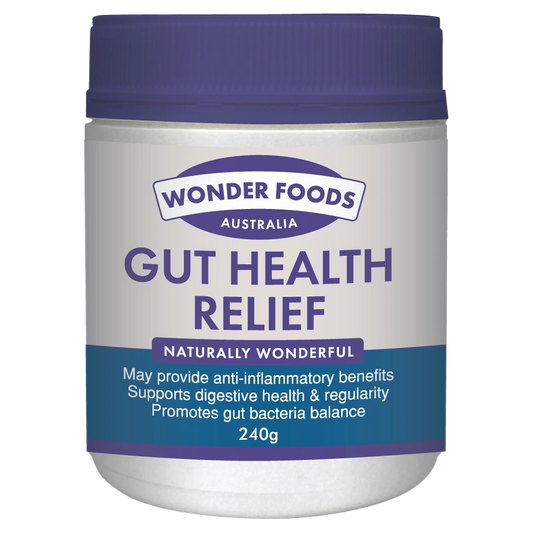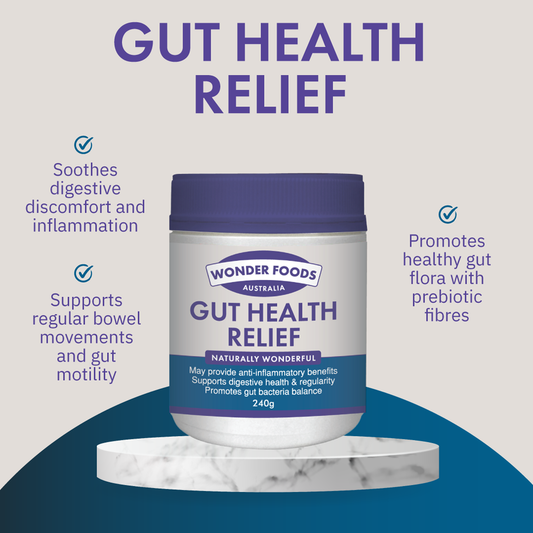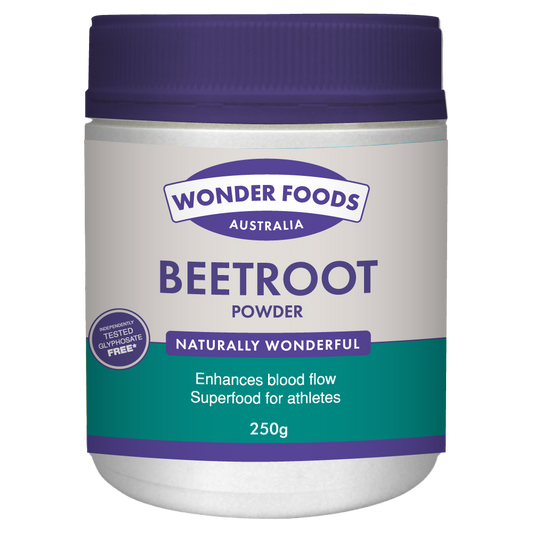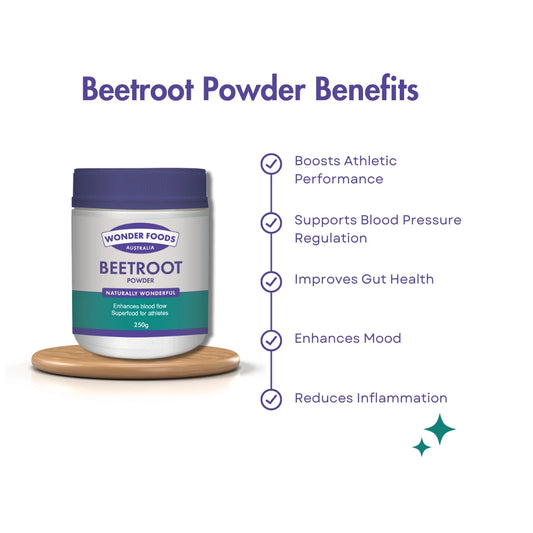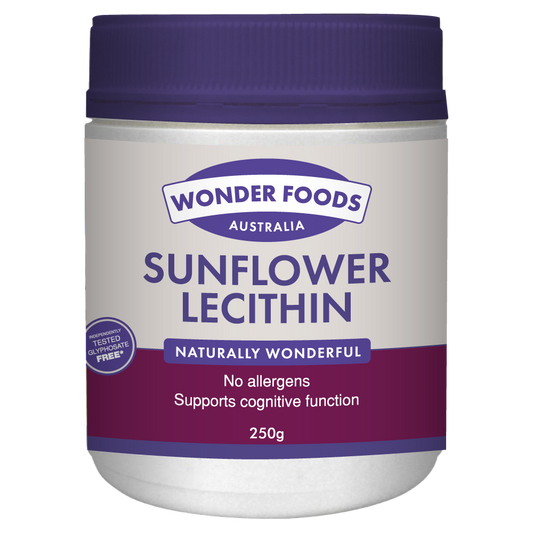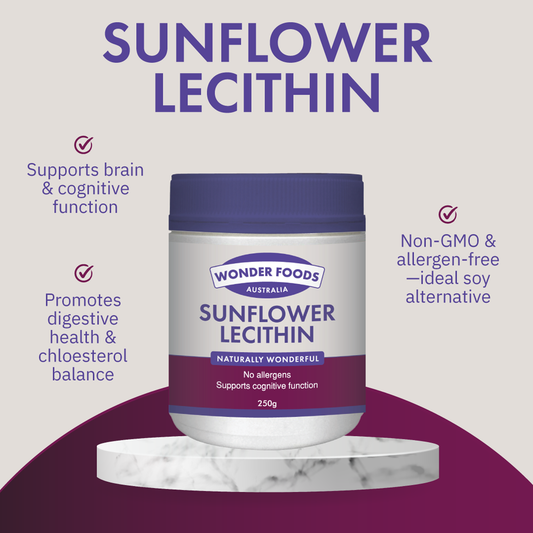
Creatine for Sleep Deprivation
Have Brain Fog after a bad night’s sleep?
You’re not imagining it — sleep deprivation drains your brain’s energy supply.
But new research suggests there’s a natural way to bounce back faster: creatine.
A 2024 study published in Scientific Reports found that a single dose of creatine (the same compound known for its physical performance benefits) can boost mental clarity and protect brain energy during sleep loss.
The Science in Short
Researchers kept volunteers awake for 21 hours — then tested memory, reaction time, and reasoning skills.
Those who took creatine performed significantly better, showing sharper logic, faster thinking, and improved short-term memory compared to those on placebo.
Brain scans confirmed what they felt: creatine helped restore high-energy phosphates (ATP and phosphocreatine), the fuel your brain uses to think, focus, and remember.
Why It Works
Creatine acts like a battery backup for your brain.
During exhaustion, your brain cells burn through energy faster than they can replenish it.
Creatine helps recharge those energy molecules — meaning less brain fog, fewer errors, and better focus when you’re running on empty.
Practical Takeaway
While nothing replaces good sleep, a quality creatine supplement can help you:
- Stay alert through a long workday or night shift
- Think clearly during study marathons or travel
- Reduce fatigue when sleep is limited
For everyday use, most studies show benefits from 3–5 g per day of creatine monohydrate.
It’s safe, well-studied, and increasingly recognised for cognitive as well as physical performance.
How Much Creatine Should You Take?
If you’re using creatine to support focus and energy when sleep-deprived, research and clinical experience suggest:
- Everyday brain & body support: Take 3–5 grams of creatine monohydrate daily. This steady, moderate dose keeps your muscle and brain stores topped up over time.
- Acute sleep-deprivation or high-stress days: A single dose of around 0.1 g per kg body weight (about 7 g for a 70 kg adult) can be effective for a short-term boost in mental and physical energy. The 2024 Scientific Reports study used a much higher research dose (0.35 g/kg ≈ 24 g for a 70 kg person)
- Timing: Take creatine with water or a carbohydrate-containing snack in the morning or early afternoon. It absorbs well and can help maintain alertness through the day.
- Consistency matters: Regular use is more effective than sporadic high doses. Think of creatine as an energy buffer—keeping brain and muscle cells charged for both movement and mental performance.
Combine It With Movement
Physical activity boosts blood flow and energy delivery to the brain — so pairing creatine with structured exercise enhances both mind and body recovery.
Even light strength training or walking can magnify creatine’s effects on mental clarity and energy metabolism.
The Bottom Line
Whether you’re an athlete, parent, student, or shift worker — if you’re sleep-deprived, creatine may help your brain stay in gear.
One dose won’t replace a full night’s sleep, but it could help you power through until you can rest properly.
We offer this post for education purposes only. Please consult your Health Practitioner for personalised and specific information.


